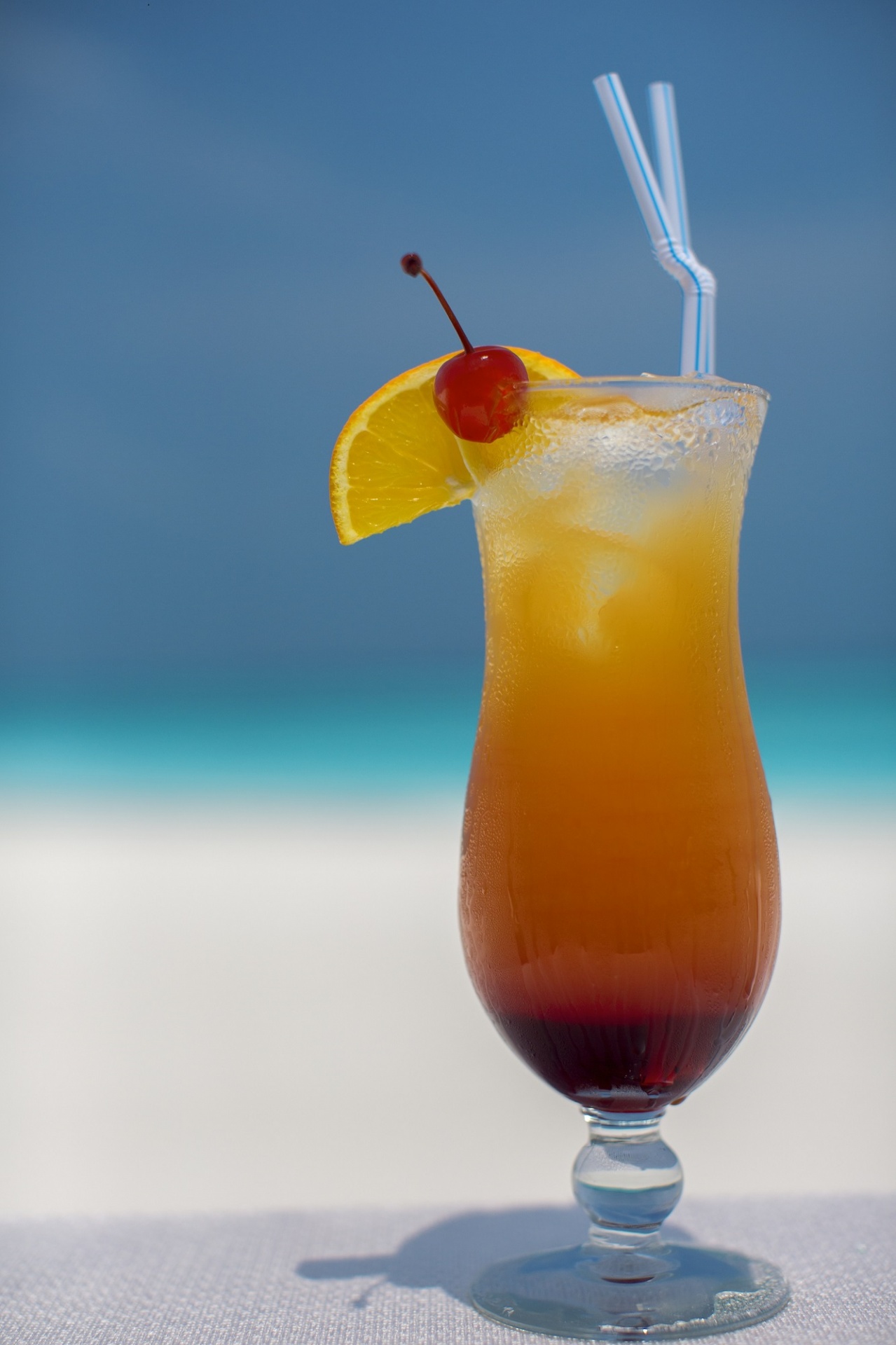what liquor doesn t have carbs Yes, this is a cult.: but liquor doesn't exist in my world
Hey there! It’s time to talk about something we all love - liquor! Have you ever wondered about the carbs that are present in your favorite liquor? Well, wonder no more because we have got you covered! First up, let’s talk about the carb content in beer. On average, a 12-ounce beer contains around 11 grams of carbs. However, the carb content can vary greatly depending on the type of beer you are drinking. For example, light beers typically have fewer carbs than their regular counterparts. So, if you are watching your carb intake, it might be a good idea to opt for a light beer. Moving on to wine, the carb content can range from very low to high depending on the type of wine you are drinking. Dry wines like Pinot Noir, Cabernet Sauvignon, and Chardonnay generally have very low carb content, while sweet wines like Moscato and Port can have a high carb content. On average, a 5-ounce serving of wine contains around 4 grams of carbs. Next, let’s talk about liquor. One of the great things about liquor is that it has a minimal carb content compared to beer and wine. So, if you’re looking to indulge in a drink without worrying too much about your carb intake, liquor might just be the way to go. However, it’s important to note that sugary mixers can add up the carb content significantly. So, if you are watching your carb intake, it’s a good idea to opt for mixers like soda water or diet soda instead. Now, let’s take a closer look at the carb content of some popular types of liquor. A 1.5-ounce serving of vodka contains around 0 grams of carbs, making it a great option for those on a low-carb diet. The same goes for gin, which also contains around 0 grams of carbs per 1.5-ounce serving. Rum and tequila, on the other hand, contain around 0.5 grams of carbs per 1.5-ounce serving. In conclusion, when it comes to the carb content of your favorite drinks, it’s important to be mindful of what you are consuming. While some types of alcohol have a higher carb content than others, there are always ways to adjust your drink to fit your dietary needs. So, go ahead and enjoy a drink without worrying too much! Cheers!
Carbs in Beer
 On average, a 12-ounce beer contains around 11 grams of carbs.
On average, a 12-ounce beer contains around 11 grams of carbs.
Carbs in Wine
 Dry wines like Pinot Noir, Cabernet Sauvignon, and Chardonnay generally have very low carb content, while sweet wines like Moscato and Port can have a high carb content. On average, a 5-ounce serving of wine contains around 4 grams of carbs.
Dry wines like Pinot Noir, Cabernet Sauvignon, and Chardonnay generally have very low carb content, while sweet wines like Moscato and Port can have a high carb content. On average, a 5-ounce serving of wine contains around 4 grams of carbs.
Carbs in Liquor
 One of the great things about liquor is that it has a minimal carb content compared to beer and wine. So, if you’re looking to indulge in a drink without worrying too much about your carb intake, liquor might just be the way to go. However, it’s important to note that sugary mixers can add up the carb content significantly. So, if you are watching your carb intake, it’s a good idea to opt for mixers like soda water or diet soda instead.
One of the great things about liquor is that it has a minimal carb content compared to beer and wine. So, if you’re looking to indulge in a drink without worrying too much about your carb intake, liquor might just be the way to go. However, it’s important to note that sugary mixers can add up the carb content significantly. So, if you are watching your carb intake, it’s a good idea to opt for mixers like soda water or diet soda instead.
If you are searching about When Liquors and Cocktail Ingredients Expire | Cocktail ingredients you’ve came to the right web. We have 5 Images about When Liquors and Cocktail Ingredients Expire | Cocktail ingredients like Carbs in Liquor – Liquorista, Pin on Best Of Count Health First and also Pin on Best Of Count Health First. Here it is:
When Liquors And Cocktail Ingredients Expire | Cocktail Ingredients
 www.pinterest.comliquor
www.pinterest.comliquor
Yes, This Is A Cult.: But Liquor Doesn’t Exist In My World
 youvegotmesewn9.blogspot.comCarbs In Liquor – Liquorista
youvegotmesewn9.blogspot.comCarbs In Liquor – Liquorista
 www.liquorista.comCarbs In Liquor
www.liquorista.comCarbs In Liquor
 www.liquorista.combeach cocktails rum hurricane cocktail voodoo drink luxury discover carbs liquor sex ingredient candle scented authentic two recipes calories matter
www.liquorista.combeach cocktails rum hurricane cocktail voodoo drink luxury discover carbs liquor sex ingredient candle scented authentic two recipes calories matter
Pin On Best Of Count Health First
 www.pinterest.nzcarb carbs calorie fats tipsy count atkins alcholic cabincuisine healthyadvice mealslowcarb ketogenicstips dietideas
www.pinterest.nzcarb carbs calorie fats tipsy count atkins alcholic cabincuisine healthyadvice mealslowcarb ketogenicstips dietideas
Yes, this is a cult.: but liquor doesn’t exist in my world. Pin on best of count health first. When liquors and cocktail ingredients expire